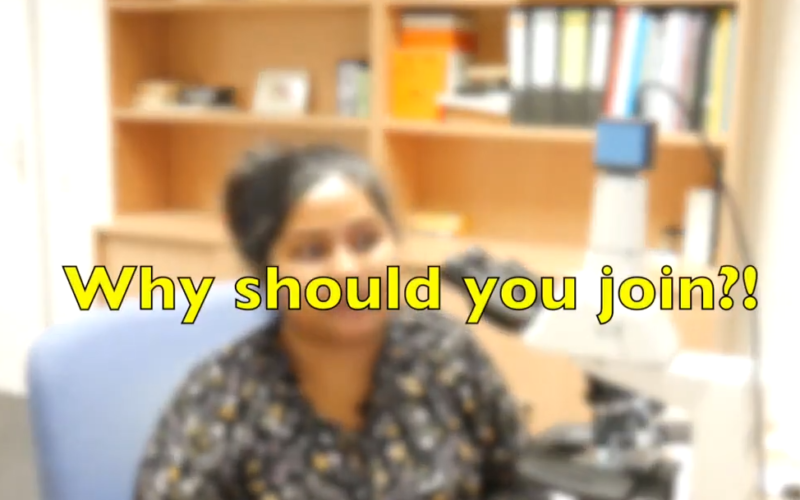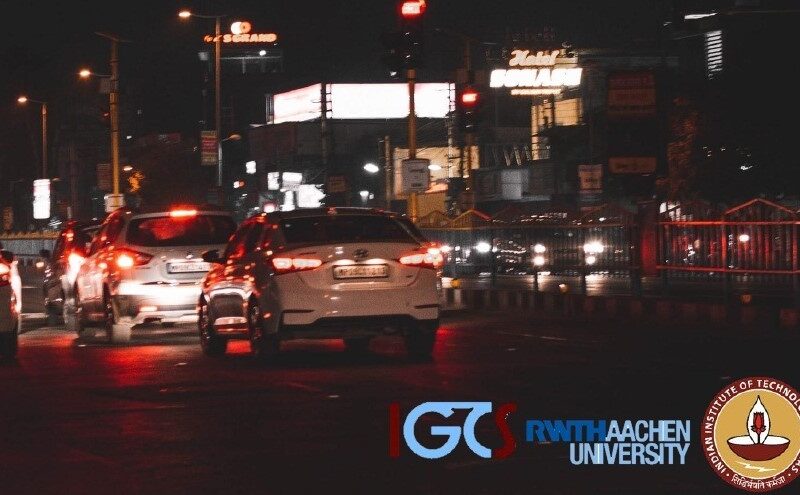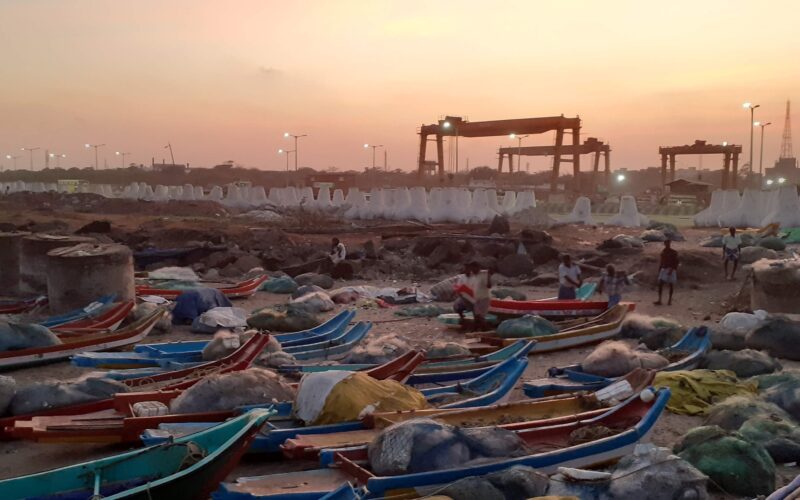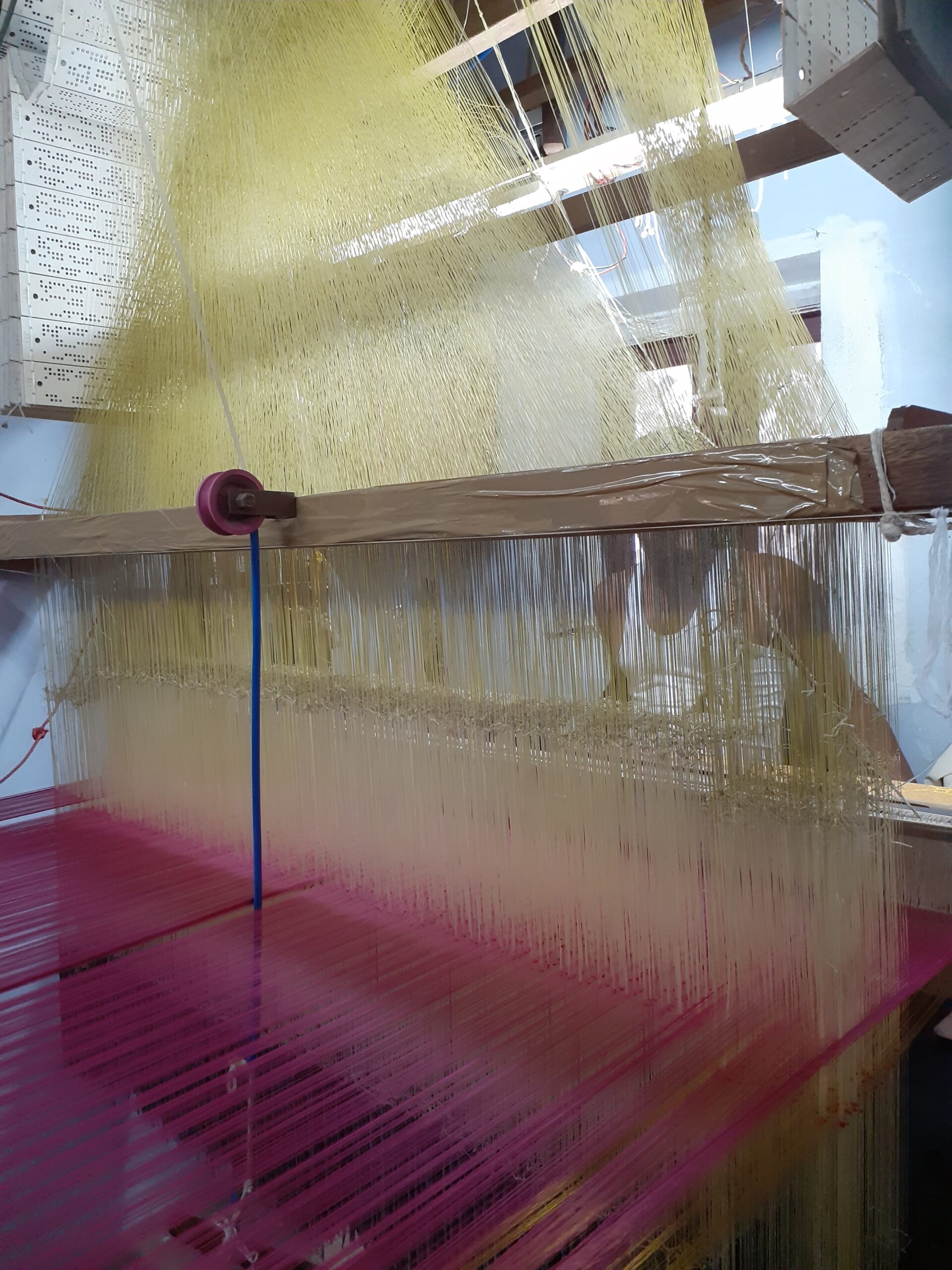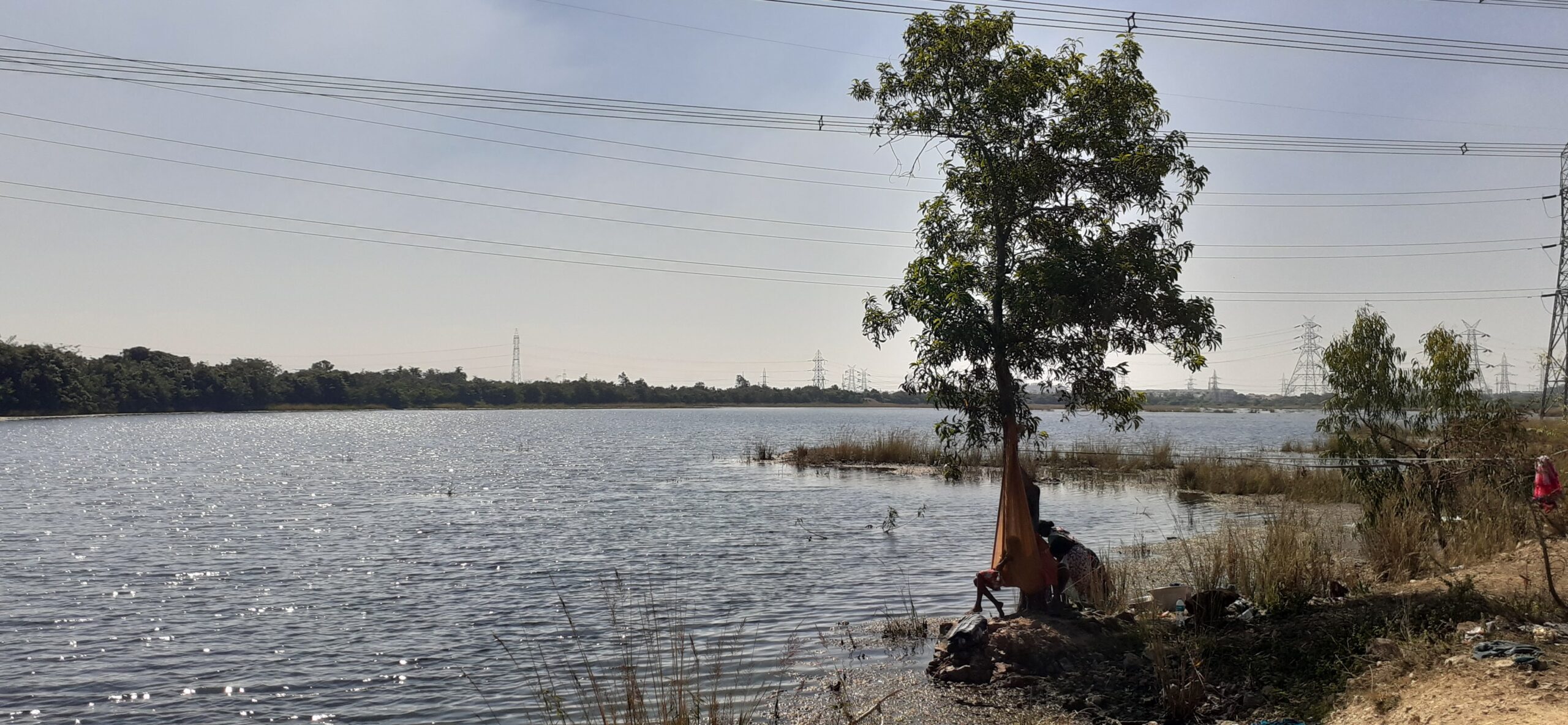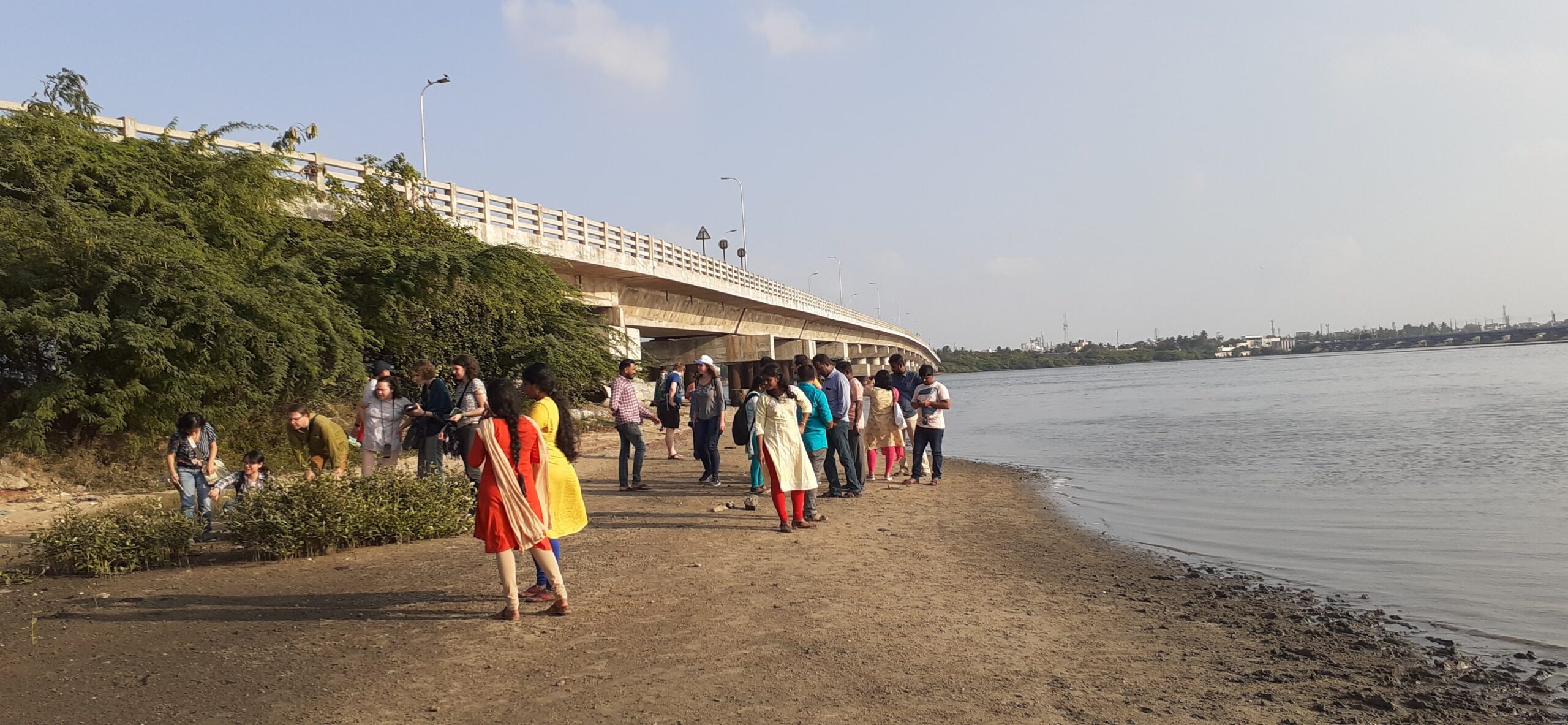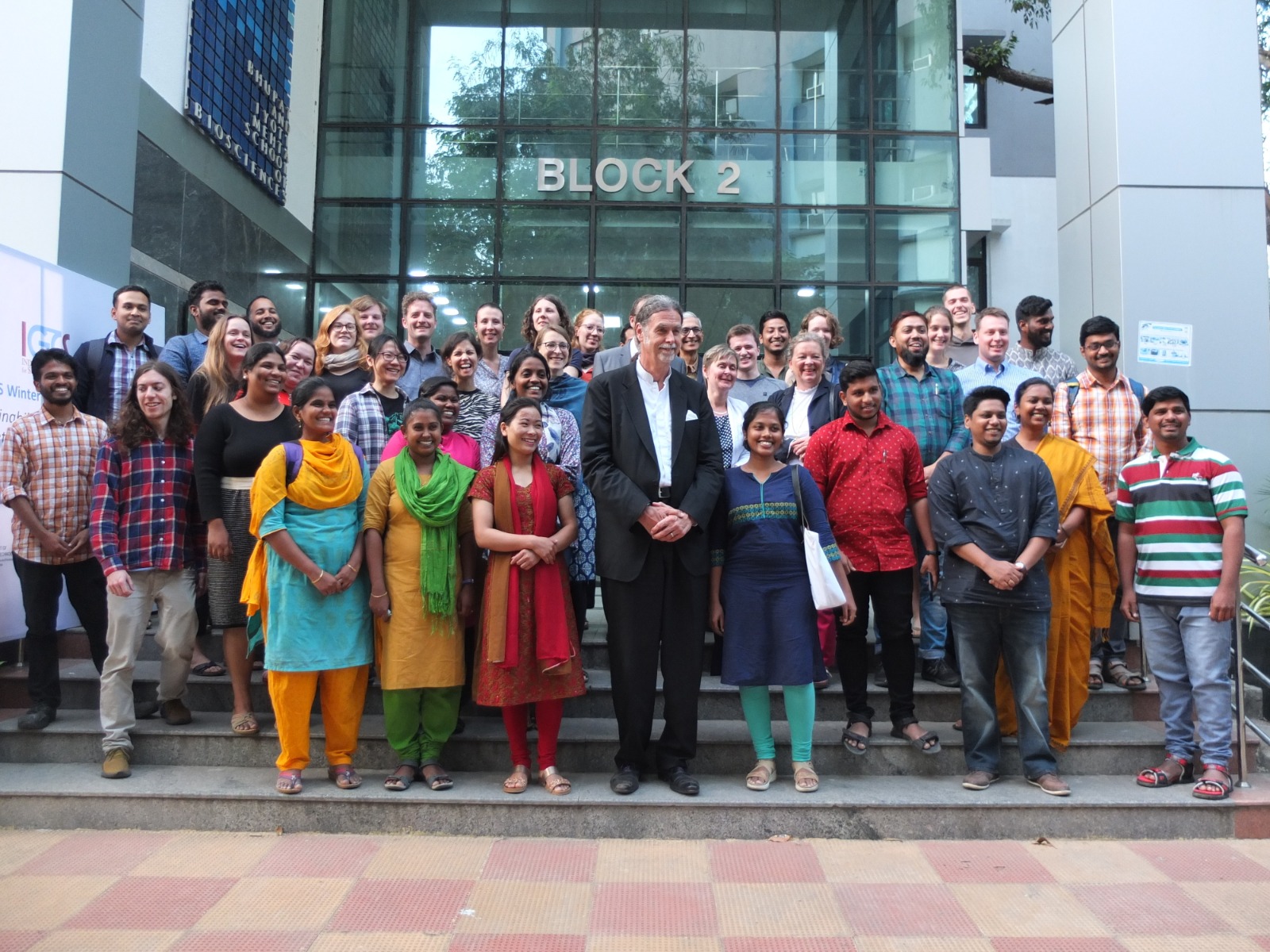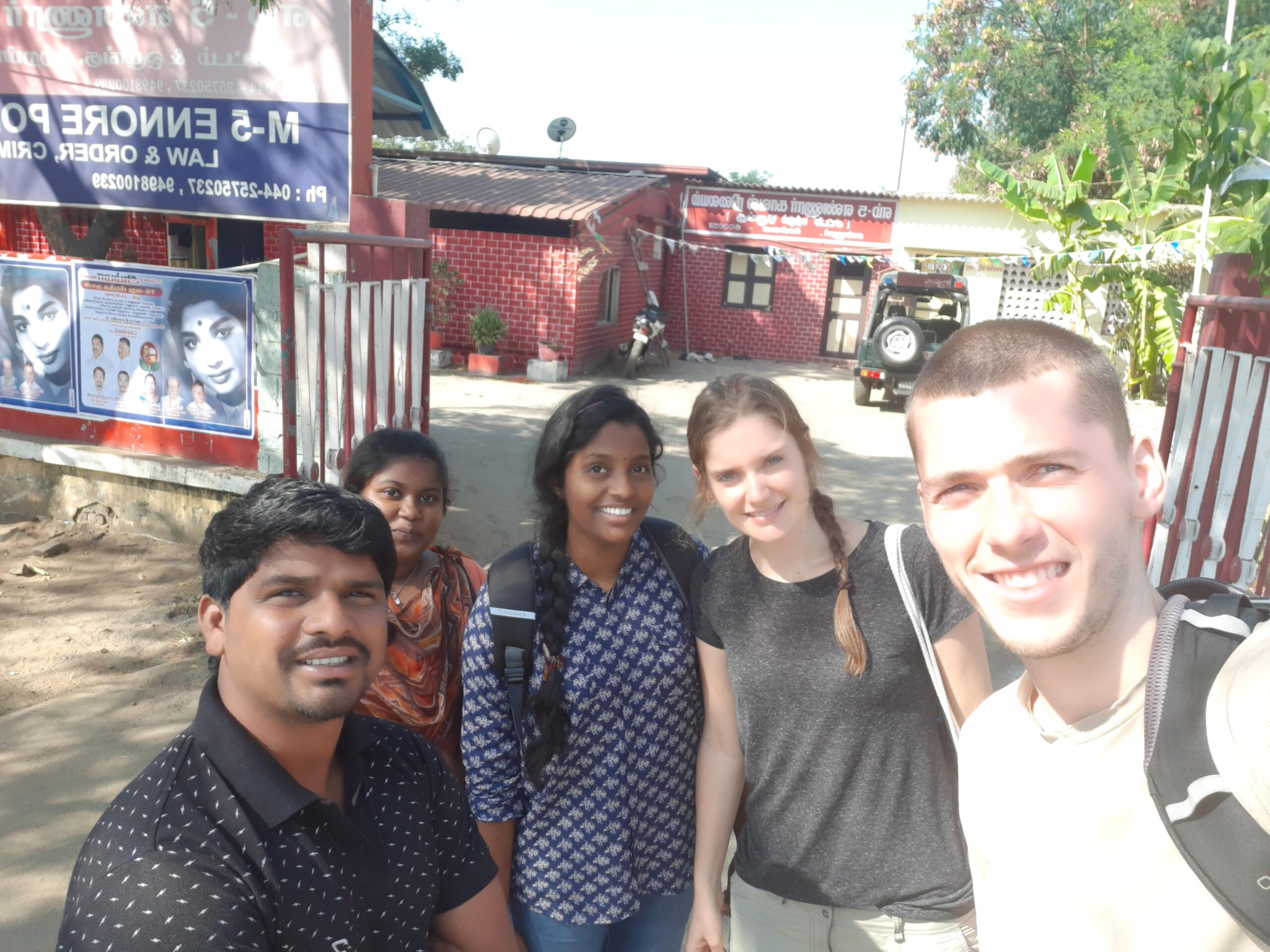Our IGCS Alumni Ameerah and Lishani are sharing her experience of participating in the first ever digital Summer School hosted by IGCS in October 2020.
Author: Rahul Rajkarnikar
IGCS Summer School 2020: Sustainable Smart Cities- Focus on Urban Mobility
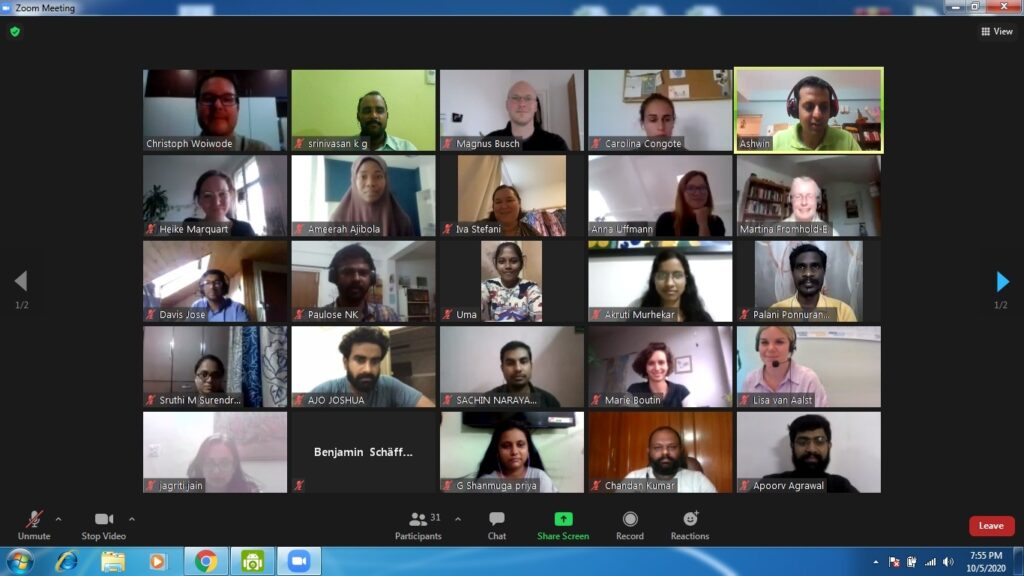
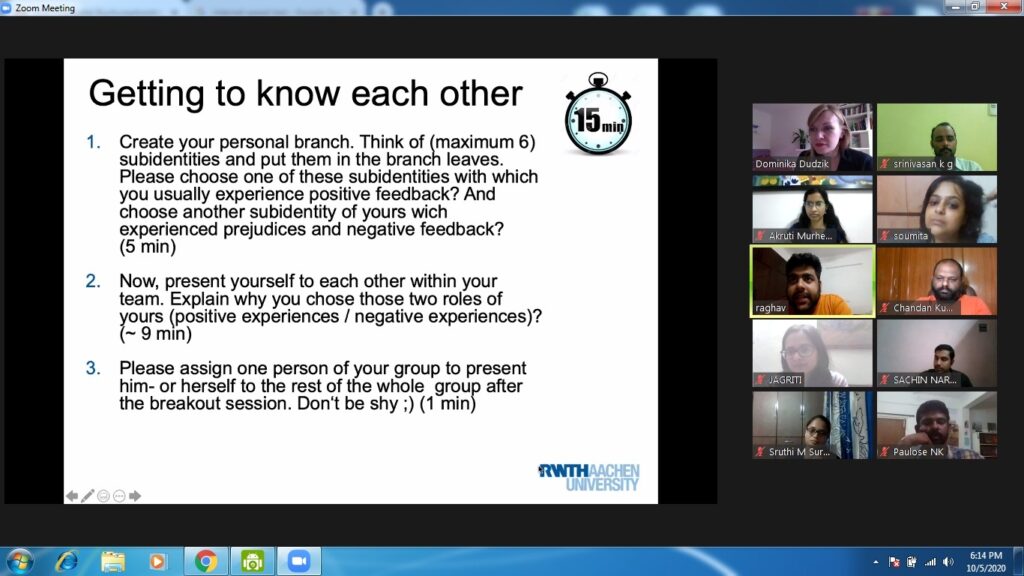
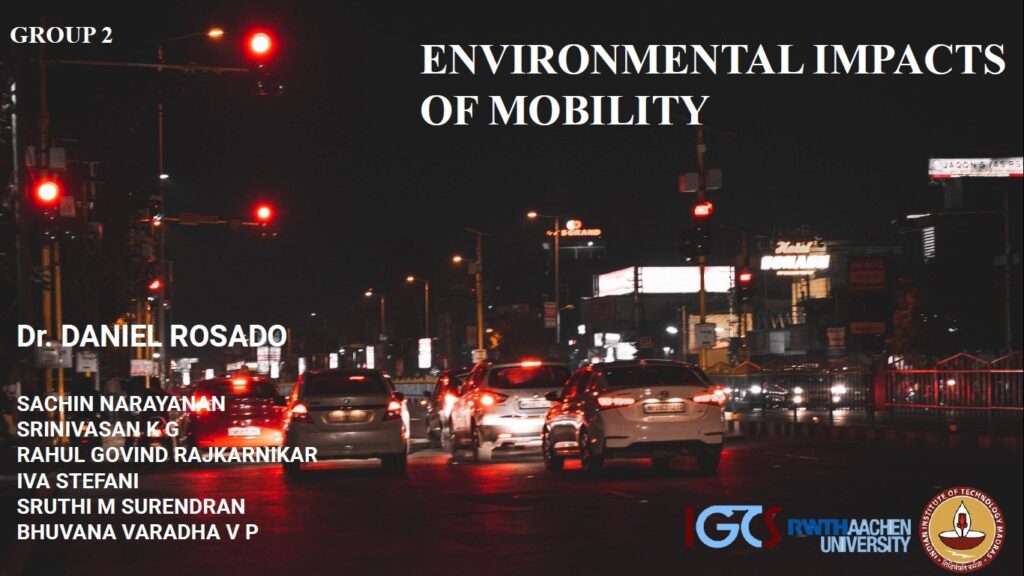
IGCS Summer School on “Sustainable Smart Cities: Focus on Urban Mobility” was hosted by RWTH Aachen University, Germany. Applying for the event, I was eagerly waiting to attend the school in-person in Germany. I was interested in learning more about the different aspects of urban mobility in smart cities as my PhD research topic on “hybrid vehicles for smart cities” is dealing with a similar issue. I had a few questions before attending the summer school:
- What are the factors influencing the acceptance and implementation of smart and sustainable mobility?
- What would be the role of smart and green transport in sustainable cities?
- What would be the environmental impacts of mobility?
- What would be the future of mobility?
Unfortunately, due to the COVID-19 pandemic, we received an e-mail from the host informing the change of school from in-person to a completely online mode and inquiring about my willingness to attend the school. I was eager to participate in the school anyway as the topic was interesting and relevant for my field of study. We then got an e-mail from the host institution well in advance regarding the start and details of the online summer school. Afterwards, I received a confirmation of participation and the schedule of the school.
It was my first experience of attending this kind of workshop online. After being selected to participate in IGCS’ first-ever digital Summer School, I attended online lectures, engaged in panel discussions and worked in a group project in an international environment. All the school activities were conducted in the online platform Zoom, and online Moodle was used to interact with the lecturers and participants from different countries.
In the end, we all had to present our findings from the group project. There were five groups, each containing six members. Each group were presenting on a topic on the last day of Summer School. Teams for the workgroup were well distributed; members of the group were from both Indian and from German institutes and from various field of expertise. Our group topic for the project was well constructed by the host team. I was afraid that my internet connection would not hold. Still, everything was fine on the day, and our group successfully completed our presentation. Our presentation was on the topic “Environmental Impacts on Mobility”, and we mainly focused on:
- Evolution and challenges of different modes of transportation
- Share of transport on the total emissions of greenhouse gases
- Environmental impacts due to dominant/conventional modes of transportation
- Health impacts due to predominant/conventional modes of transportation
- Environmental and Health impacts due to alternate/future means of transportation
- Analyzing the convenience of the alternative means of transport in the contexts of developed and developing countries
After completing the school, I got many of my questions answered, and there are major inputs that I have taken away from the school for my research:
- I have learnt more about the environmental aspects of mobility
- Recent trends and advancements in the automobile industry (Ford) towards sustainable mobility
- Working on our project group with friends from different disciplines increased my understanding of different aspects of engineering as well as environmental, geographical and sociological topics
- With other projects, I have learned more about the public-private partnership in the mobility sector
The entire summer school was well organized, and fortunately, there were no problems with internet connectivity in my case. During the online summer school, I liked all the activities. In particular, I was mostly involved in our workgroups as it helped my research, and I got valuable inputs from my team members. The weekend activity task was very interesting, and it was a great opportunity to explore my personal mobility and priorities.
I networked with participants and professors in this online school too. I became friends with many of the participants, even though we only met online. Next to that, I got much help and guidance from our group mentor Dr Daniel Rosado related to environmental aspects on mobility.
I would recommend the following suggestions for the participants who are applying for the upcoming (online) Summer- and Winter Schools
- Be excited to work with interdisciplinary workgroups
- You will attend lectures from top universities in Germany, IIT Madras and leading global Industry professionals
- Have a stable online connection and a web camera (for online schools)
IGCS Testimonial Winter School 2020
My journey from being a Graduate in Electronics & Communication Engineer to joining for M-Tech in Renewable engineering was nothing short of an adventurous ride. However, over the past months at my University at Gandhigram Rural Institute, I realized that to achieve my dream, I should first be capable of embracing different cultures. This would enable me to learn the different ways I could approach things in life that were outside my comfort zone. Hence, this decision to mingle with people from different walks of life, people born and brought up in a different culture, and who spoke other languages from that of mine, pushed me to apply to the IGCS school programs.
I still remember that day; it was a late night at the end of January. I received my invitation letter from IGCS to participate in their Winter School 2020. I was super excited. From being a girl from a remote agricultural village in Kerala, who had hardly travelled out of state, let alone mingled with people from a different culture and language, now I was going to be a part of an international level program.
I started wondering about how this experience would be. Would my language skills be sufficient to interact with the other participants? Would I be able to communicate with the team? All excitement changed in an instant. The reasons that made me apply for this School stood up straight against me and I started to question my calibre. I was so confused and questioning myself: “Shall I accept this or not?” That was an endless night with circling thoughts. I tried to calm myself: “If I miss this chance, I will never get an opportunity like this”. I tried to be strong thinking: “Whatever happens, I’m going to be a part of the Winter School.” I accepted the offer to be a part of IGCS Winter School 2020, and then, I did it again and participated in the Summer School 2020 too.
The 15 days of Winter and Summer school made a substantial positive impact on me. All my previous fears were wrong. The IGCS team was very supportive, and they were frequently in contact, and they are always ready to help and always willing to listen.
I am sure that apart from being a platform to develop myself as a person, the IGCS Winter School Program also helped me a lot as an aspiring engineer. It is with extreme happiness; I say that I was not mistaken. In particular, I must say that the 15 days I spent at IIT Madras for the IGCS Winter School program 2020 brought about many changes in me both as a person and as an aspiring engineer. From language to culture, it was all diverse there, and that helped me a lot in coming out from the cocoon I had surrounded myself in. The unending discussions I had with students from Germany and the different states of India helped me understand how the differences in culture influence how we see and approach things. That strengthened my belief that as an aspiring engineer with an ambition of working in the rural sector, I should embrace these differences and try to incorporate different perspectives into my work.
The interaction I had with students and officials from Germany gave me a glance at how Germany is leading the way in Renewable Energy. The Winter School on “Sustainability in the Peri-cene: Human settlements, Food, Ecology and Governance” was instrumental for me to explore and learn about various scientific and technological solutions and contribute ideas to the issue of sustainable management of the environment and governance structures in the peri-cene. The peri-urban interface creates different kinds of problems and challenges regarding the broader consensus of environmental sustainability, regions at the edge of peri-urban areas are continually changing and expanding. The presentations and group projects gave me a good overview of the peri-urban interface. It creates various problems and challenges regarding the broader consensus of environmental sustainability and the human settlements on the Chennai greater corporation (GCC). The most exciting and challenging task was project work. My group consists of five members coming from different disciples that made our project group very interdisciplinary and exciting.
The participants’ food and accommodation, which had been taken care of by IGCS coordinators, was delicious and well planned. The coordinators were always ready to help the participants. I believe that the boundaries of countries are never going to separate people’s views and ideas but in fact, people from different geographies and backgrounds can learn from each other. Here, IGCS is an excellent platform for every student to improve their ability to exchange ideas. This platform allows every student to speak and express himself or herself without fear. For me, the 15 days of Winter School were an unforgettable experience where I met new people that became good friends. Now, I can proudly say that I am also a part of the IGCS family. I strongly suggest IGCS schools to everyone because it positively influenced my personal and academic development.

